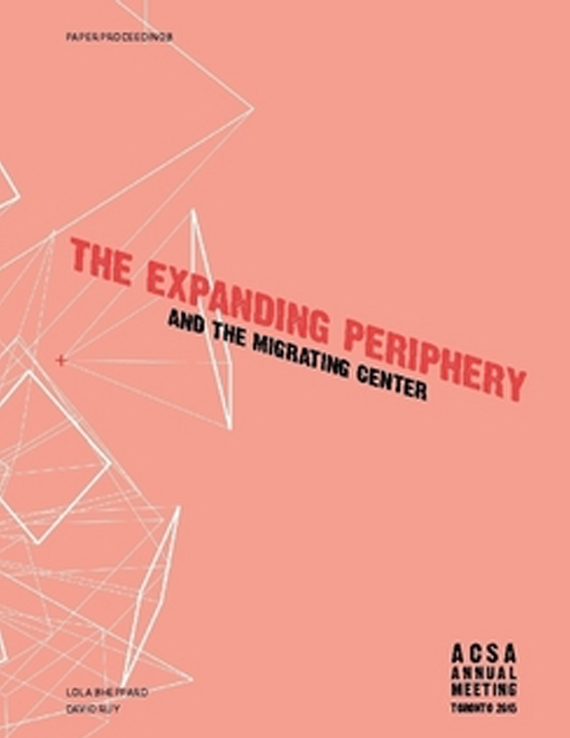Author(s): Anthony Vanky
New technologies are allowing new ways to “sense” the city, and this ‘big data’ approach has been touted as having the power to change the process by which urban space is designed, developed and evaluated. Yet, the use of data-driven processes in city making remains fragmented, despite the hype of the smart cities movement. The influences at play in the formation in cities are complex, with a multiplicity of forces to consider, and just as many aims and demands from its citizens. This paper argues that that the vision of a data-driven urbanism in not an idea unique to the present day, but an elusive dream of each generation of designer and practitioner as each seeks translate a newly found abundance of data, to inform and augment the process of city design and development. Further, this paper discusses the limitations are present in these methodologies for the design and planning of cities.
Volume Editors
David Ruy & Lola Sheppard
ISBN
978-0-935502-95-4

 Study Architecture
Study Architecture  ProPEL
ProPEL 
